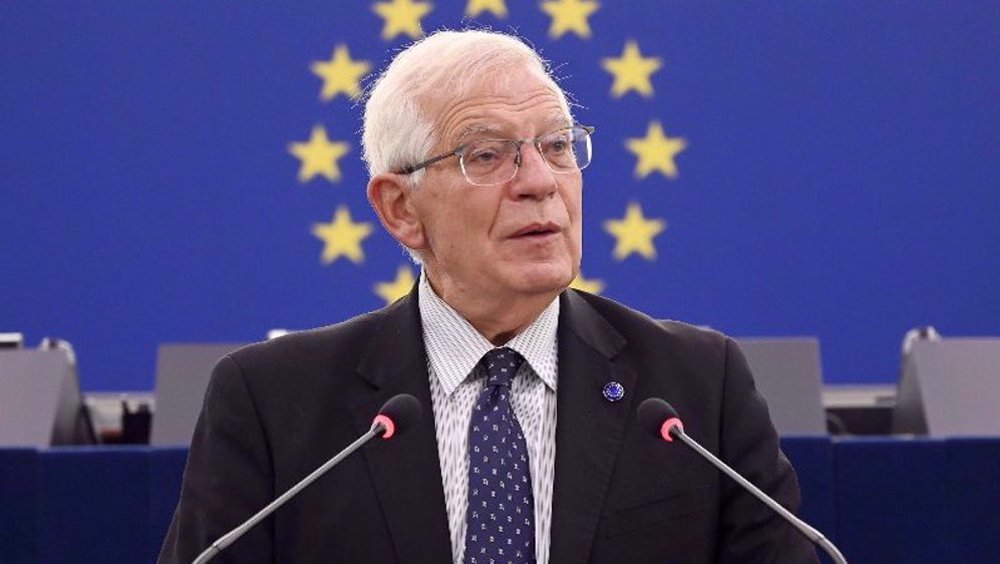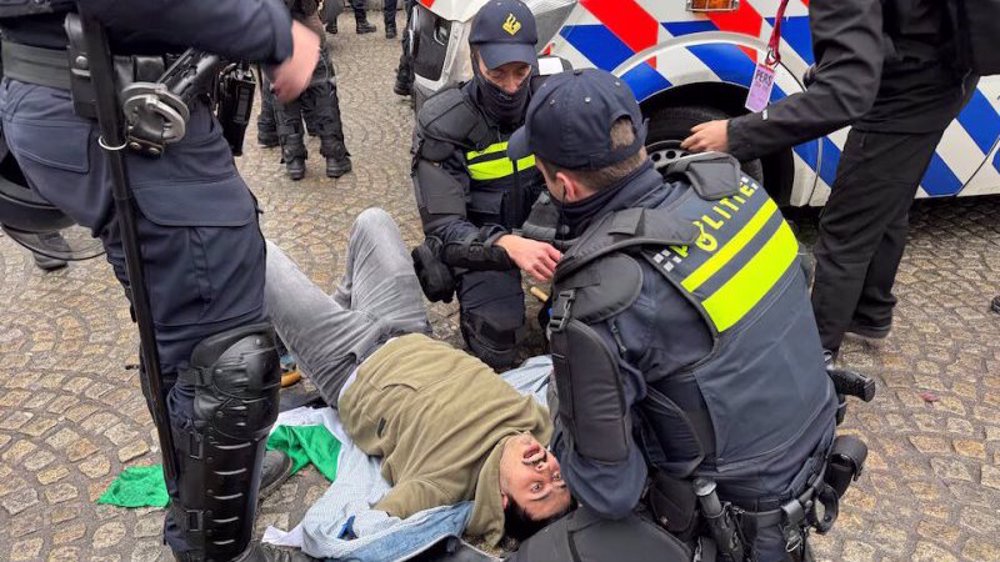EU and UK have ‘fundamental’ differences over Brexit bill
The European Union’s chief Brexit negotiator has called on Britain to clarify key issues, including its Brexit bill and the rights of citizens after the second round of talks wrapped up at the EU headquarters with "fundamental" differences remaining.
Michel Barnier said after negotiations with his UK counterpart David Davis on Thursday in Brussels that the two sides were still at odds over Britain's exit bill and over the rights of EU citizens living in the UK.
The “clarification of the UK position is indispensable for us to negotiate and for us to make sufficient progress,” Barnier said.
He added, “We have had robust but constructive talks this week. Clearly there's a lot left to talk about and further work before we can resolve this. Ultimately, getting to a solution will require flexibility from both sides."
Thursday’s Brexit talks were the second round since negotiations formally began in June, a year after Britain's historic referendum vote to leave the 28-member European bloc.
Davis joined Barnier at the European Commission headquarters on Monday, nearly a month after a chaotic first round that saw London make big concessions on how the talks should be held.
Ironically, he left the talks soon after telling reporters that it was time “to get down to work” and “to make this a successful negotiation.”
Read more:
Last month, both sides agreed on a potential timetable for negotiations toward a future trade relationship, which Britain would like to start as soon as possible.
The EU has demanded an early agreement on three issues: the rights of EU nationals living in the UK; Britain’s “exit” payment to the EU; and the border between Northern Ireland and the Republic of Ireland.
Barnier has made it clear that the EU would only proceed to future ties when "sufficient progress has been made" in these areas.
UK Prime Minister Theresa May’s weakened political position following the June 8 general election has allowed Labour leader Jeremy Corbyn to seek a more active role in Brexit talks.
The chief opposition leader says his party is able to use its ties with other parties around the EU to get a better divorce deal in a friendlier and more respectful manner than May, who has openly threatened to leave the bloc without a deal.
VIDEO | Former FBI agent criticizes US Congress for 'outright corruption'
IRGC chief urges Muslim countries to cut aid routes to Israel
'New chapter in cooperation': Iran, Venezuela sign new MoUs
Jordan sentences former lawmaker for supporting Palestinian resistance
Basij volunteer forces hold massive drills in southwestern Iran
Israeli war criminals 'not welcome', US city says after ICC ruling
US vetoing of Gaza ceasefire resolution ‘disgraceful’: Iran’s UN envoy
VIDEO | IAEA adopts anti-Iran resolution tabled by E3














 This makes it easy to access the Press TV website
This makes it easy to access the Press TV website